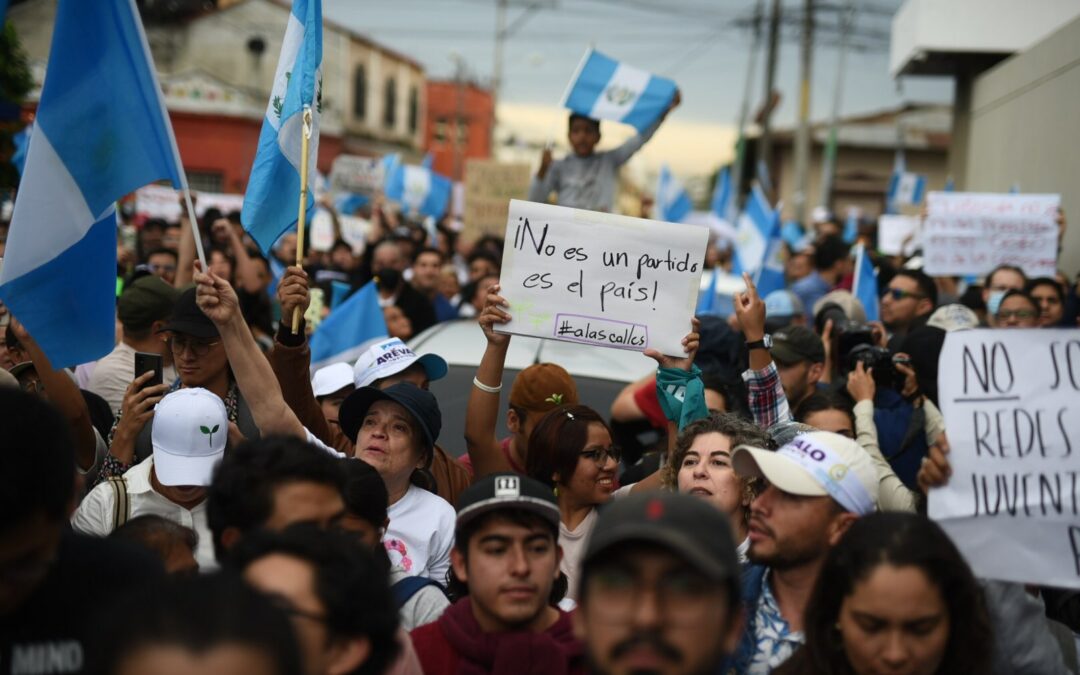
SIF recognizes the courage of the Guatemalan people to defend their democracy and rule of law
We support the electoral results in Guatemala and commend the determination of its citizenry to defend their right to elect their authorities.

We support the electoral results in Guatemala and commend the determination of its citizenry to defend their right to elect their authorities.
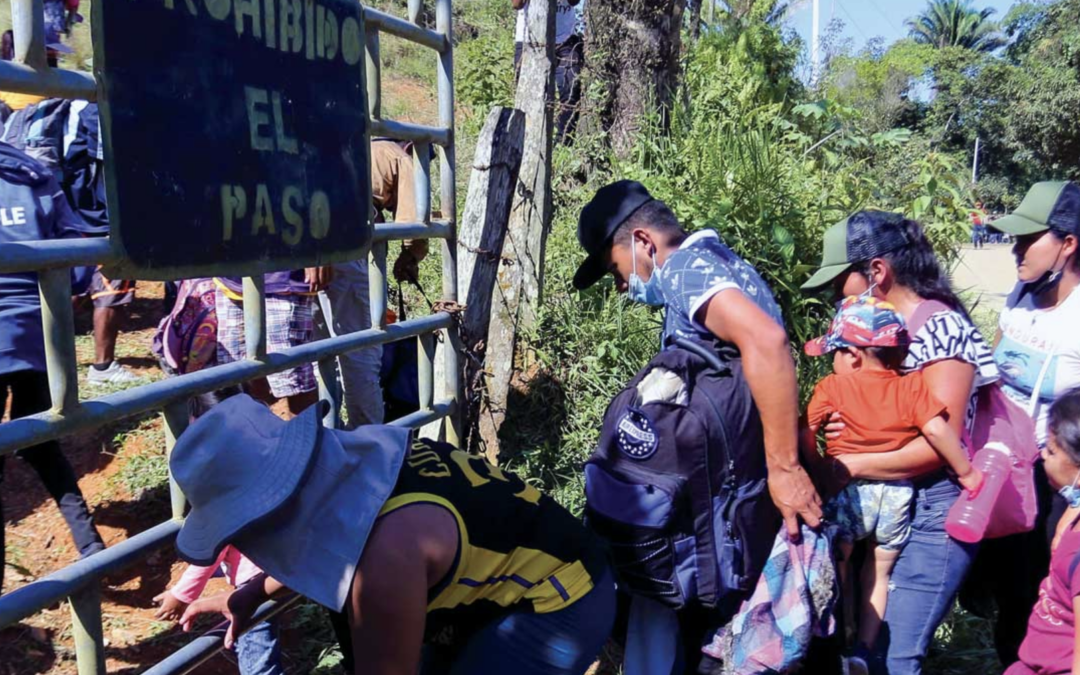
Northern Central America is a beautiful and complex region mired by corruption, poverty, and violence. Seattle International Foundation’s Adriana Beltrán and Eric Olson discuss how, in this moment when trustworthy government allies are limited, investment and support for organized civil society offers a way forward.

This is a significant step towards combating corruption and promoting accountability in Guatemala.
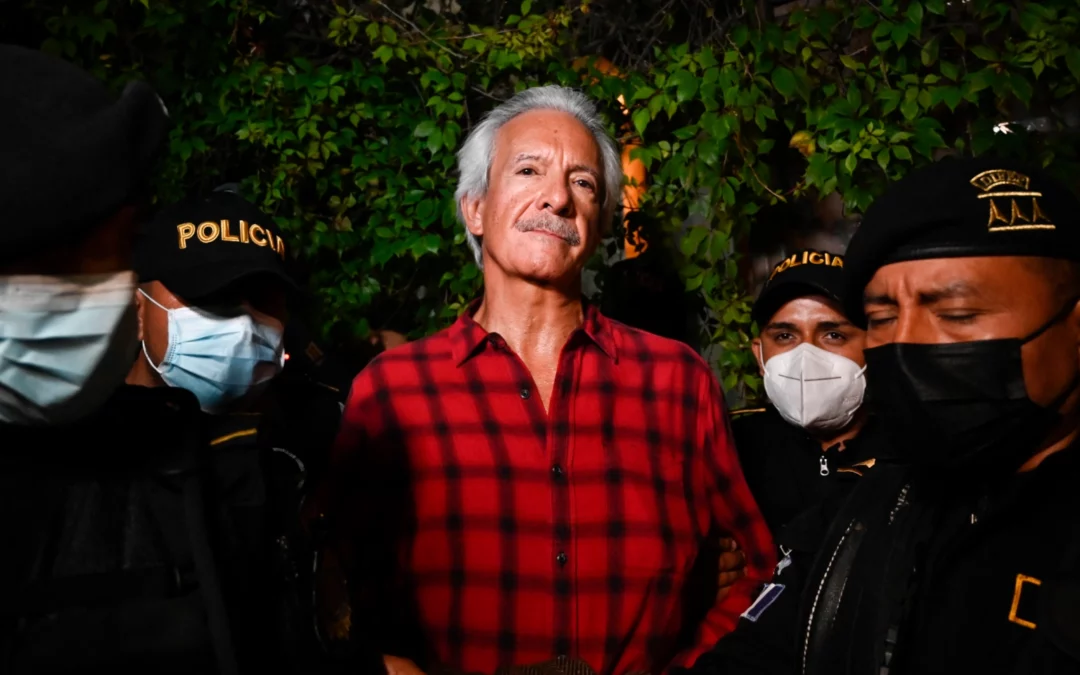
The freedom of the press and the independence of justice operators are pillars of democracy, and they are fundamental rights that the State of Guatemala is required to respect.
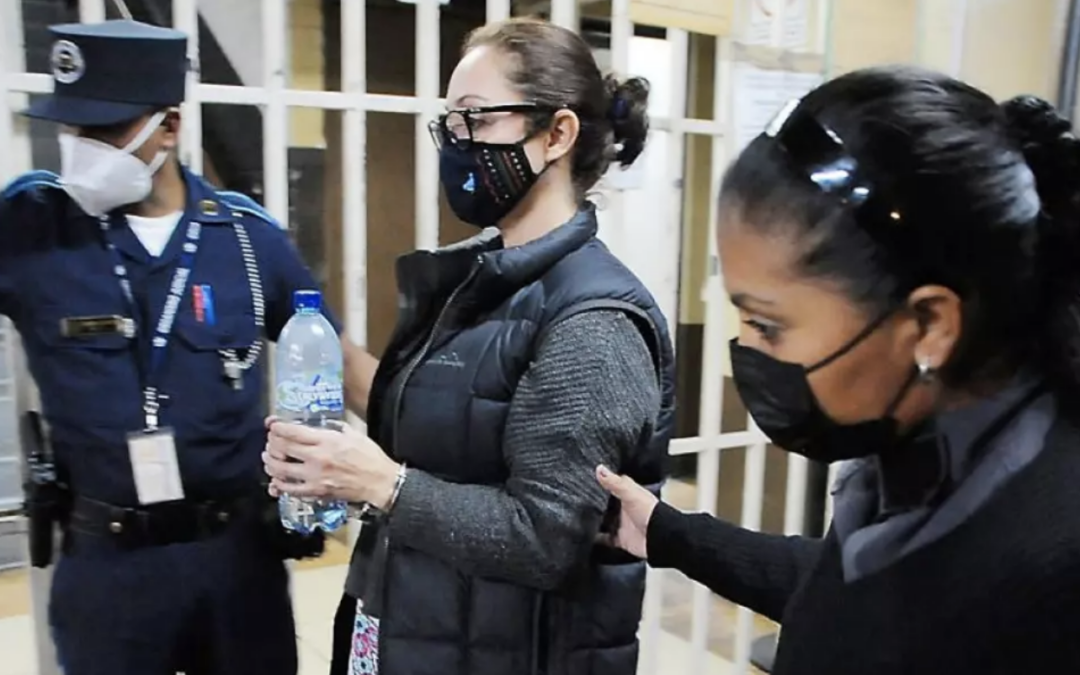
Between 2019 and May 2022, at least 22 prosecutors, judges, and human rights defenders have been forced into exile—many of them in the United States. Guatemalan authorities have also detained at least seven anti-corruption prosecutors. Virginia Laparra is one of them.
By Mirte Postema
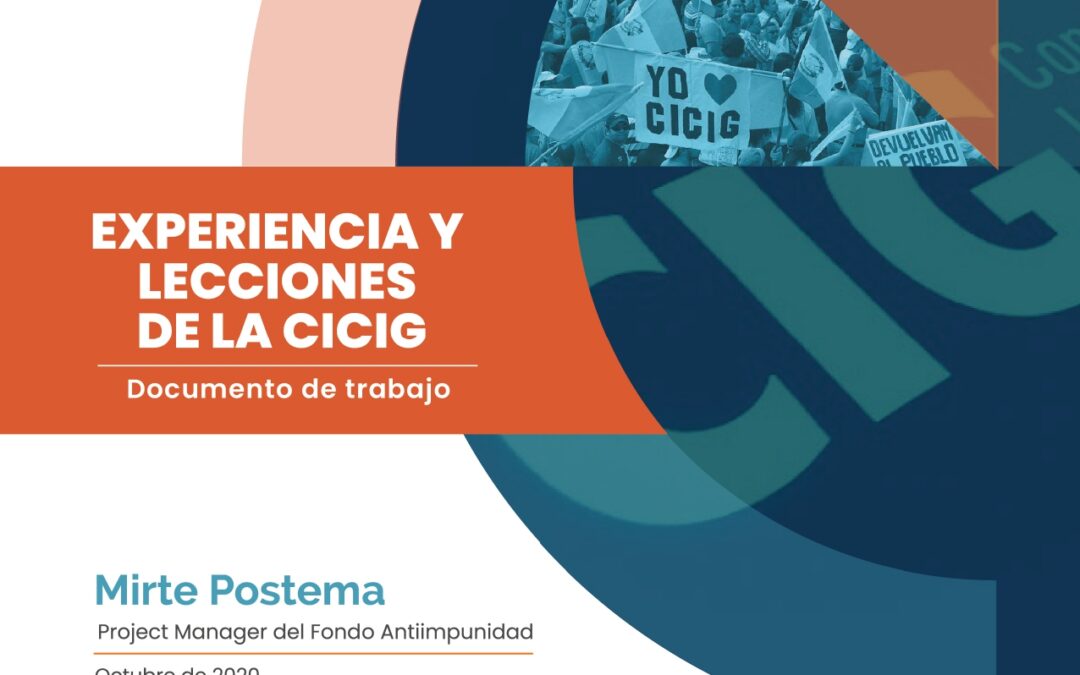
This article reflects upon the most important contributions of CICIG in Guatemala following the webinar, “The original experiment: Lessons from CICIG and challenges for the region”, which was organized by the Kimberly Green Latin American and Caribbean Center (LACC) of Florida International University and Seattle International Foundation (SIF) on May 13, 2020. (Document available only in Spanish.)
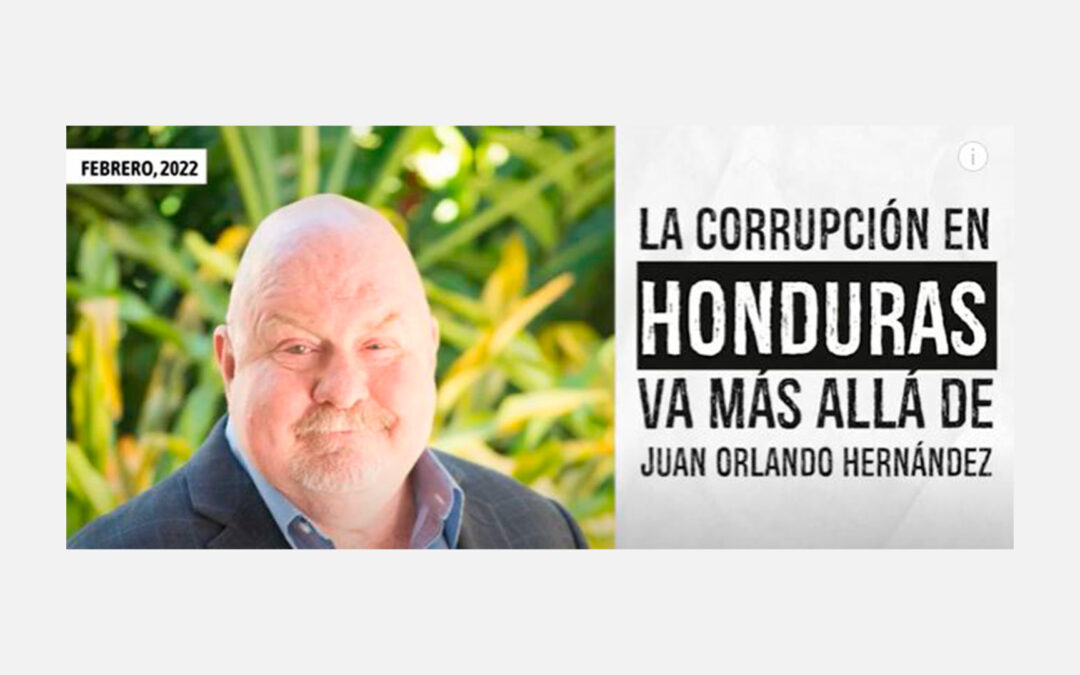
“La corrupción en Honduras va más allá de Juan Orlando Hernández”. Entrevista de Expediente Público, en Honduras, a Eric L. Olson, director de políticas e iniciativas estratégicas de la Fundación Internacional de Seattle y secretario ejecutivo del Centro contra la Corrupción y la Impunidad en el norte de Centroamérica (CCINOC).
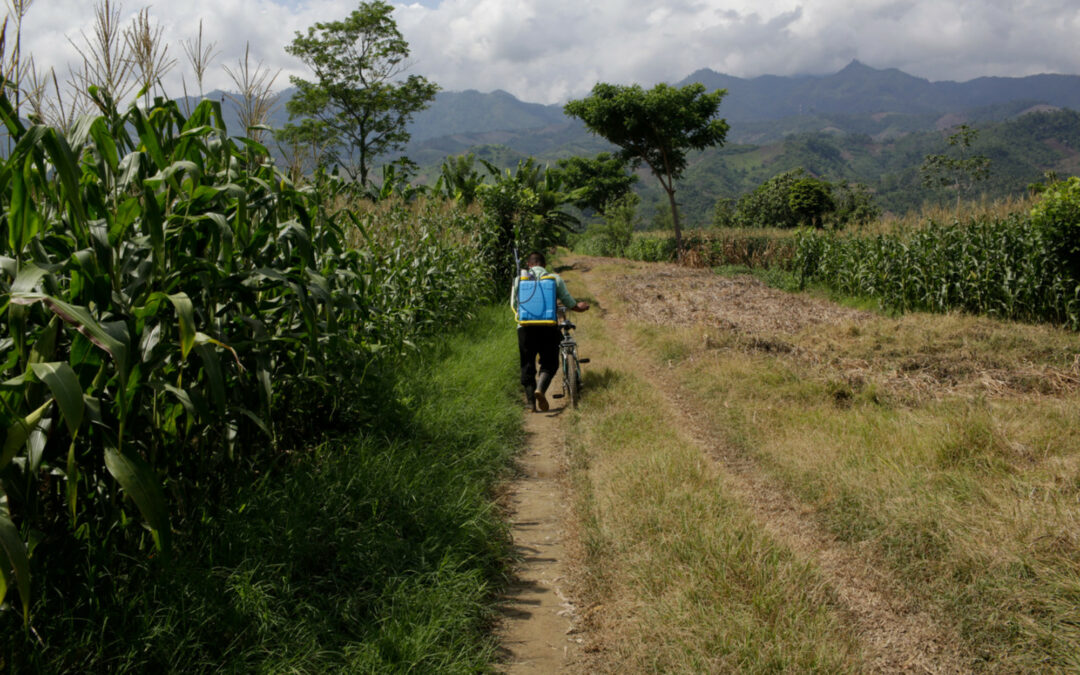
By SABRINA RODRIGUEZ.
“We need to get away from the notion that it’s just a matter of making an announcement with some kind of aid plan that would remedy all these problems,” says Eric Olson, director of policy at the Seattle International Foundation and an expert on Central America.
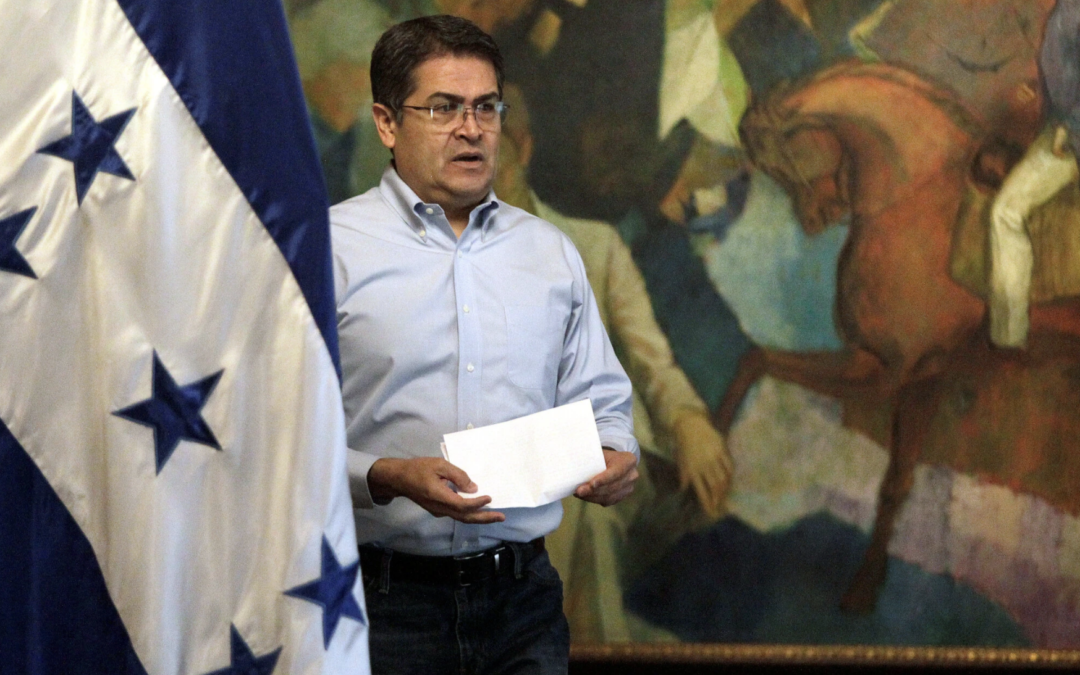
President Juan Orlando Hernández of Honduras figured prominently in a U.S. drug trial, but few think it will matter in a country mired in corruption. “We need to give the people of Central America a sense of hope. And that starts with fighting corruption and ending this ridiculous theft of Hondurans’ future,” says Eric L. Olson, director of Policy and Strategic Initiatives at the Seattle International Foundation.
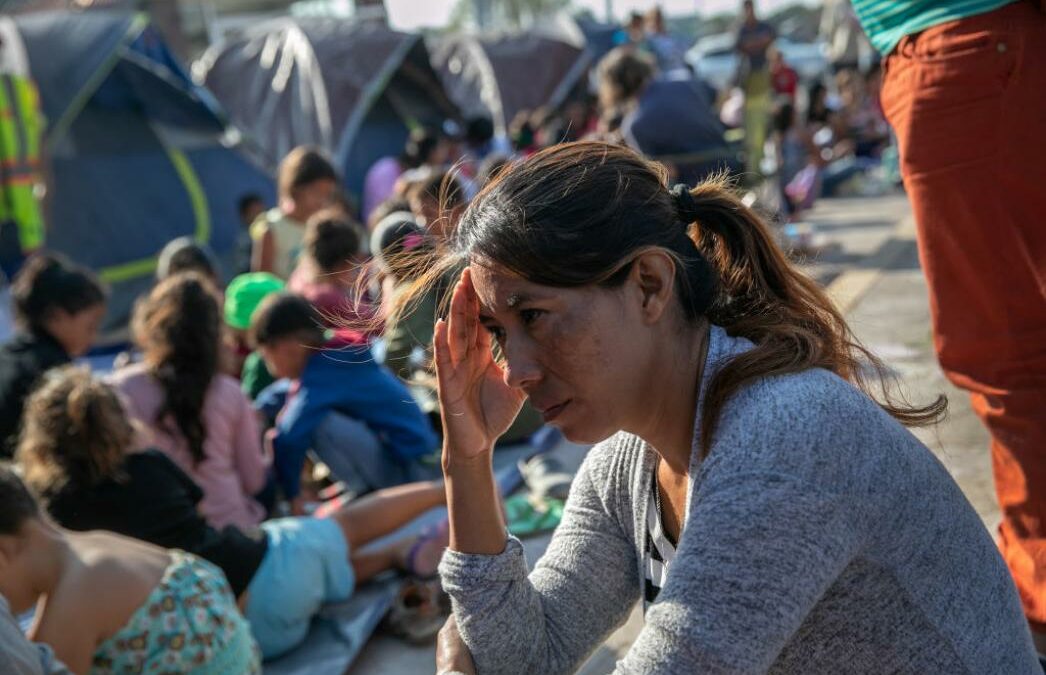
The situation at the U.S.– Mexico border is urgent, but the crisis is in Central America. The solution to this problem cannot be a return to Trump-era policies of inhumane treatment as a policy of dissuasion. Family separation and forcing migrants to remain in makeshift shelters across the border is morally wrong and bad policy.
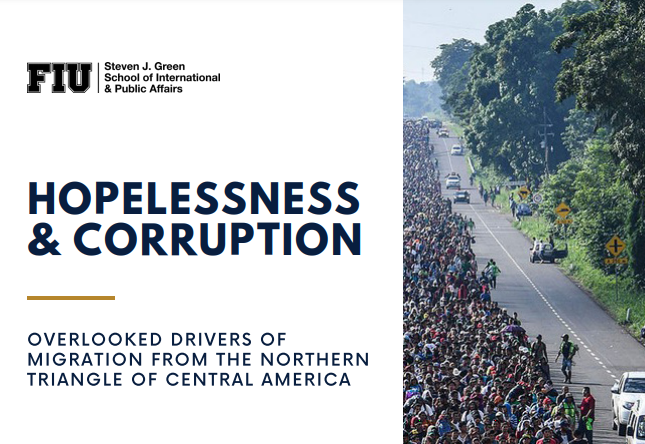
This paper analyzes the drivers of migration hypothesizing that persistent government failure driven in large part by corruption produces a sense of hopelessness among Central Americans that contributes to and propels their decision to migrate.
The authors, Joy Olson and Eric L. Olson, conclude that addressing weak governance and corruption helps create a national context in which individuals can see a future in their own country.
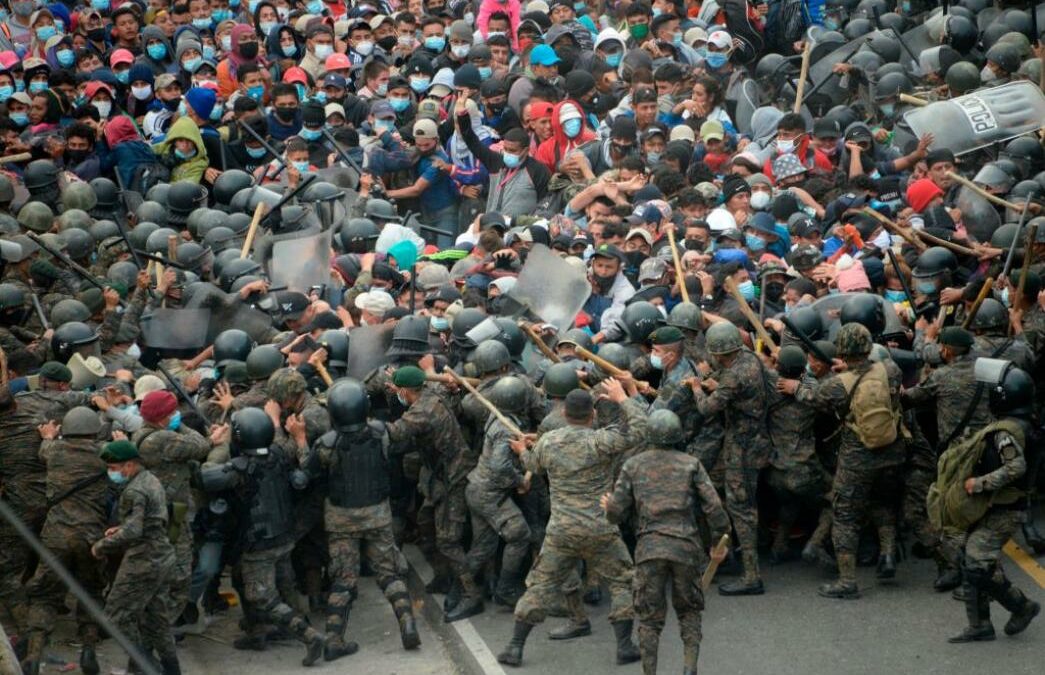
James D. Nealon, Eric L. Olson and Kurt Alan Ver Beek write about how Biden needs to follow through on a proposed Central American regional anti-corruption commission. Otherwise, U.S. aid will not stop thousands of desperate people from fleeing countries that give them little hope to survive, much less flourish.
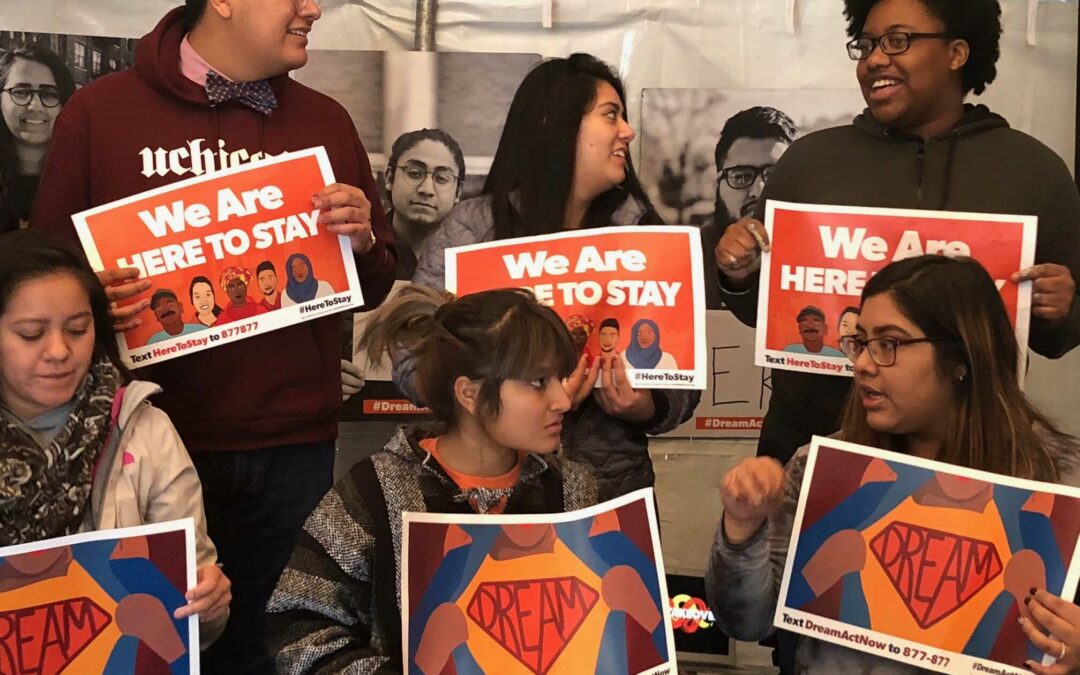
The Supreme Court of the United States issued its decision on June 18, 2020 and officially halted the Trump administration’s attempts to end DACA. But its narrow decision also means the government can still terminate DACA if it follows the proper procedures. Only a new immigration law would provide a permanent solution.